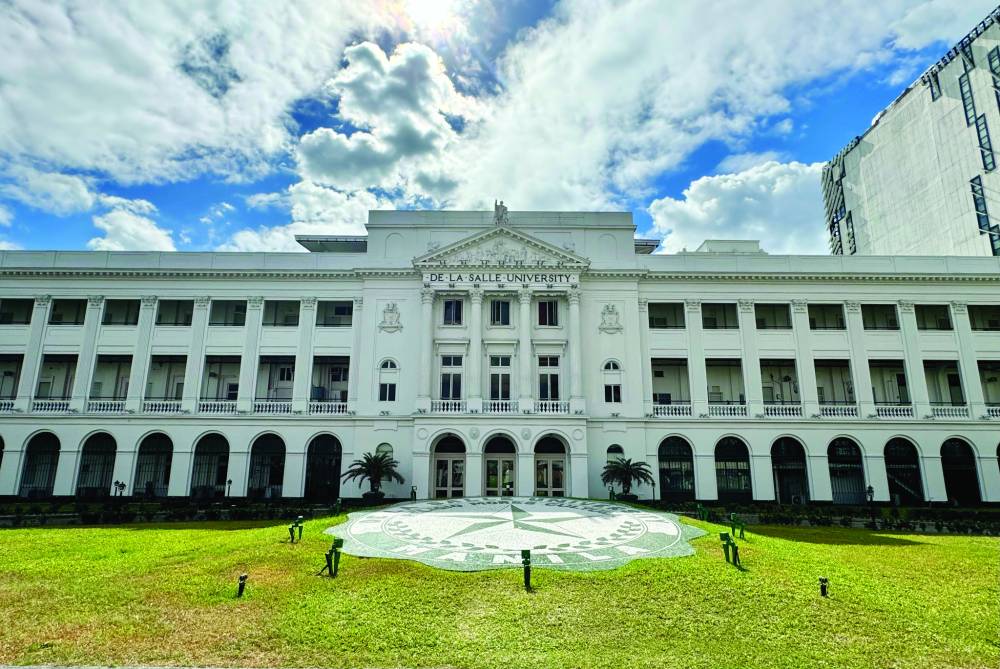No need to wait long: ‘Upper-middle’ economy status coming this year —DLSU

The Philippines can achieve upper middle-income economy status this year, earlier than the government’s projection that such status is attainable only by 2025, according to the De La Salle University (DLSU).
The forecast was made using DLSU’s software ANIMO Annual Model version 2.0, which calculated that the country’s gross national income (GNI) per capita would hit $4,572.86 by the end of this year.
“We have the exchange rate depreciating. So, in a sense, the numerator is smaller. Also, the population growth is lower,” Mariel Monica Sauler, an associate professor at the DLSU Department of Economics, told the Inquirer on the sidelines of a briefing organized by the university at the Makati Diamond Residences.
GNI per capita, or the total amount of money earned by a country’s people and businesses, is computed by converting the GNI to US dollars and dividing it by the population.
The Philippines has languished in the lower middle income group of economies since 1987, making 37 long years of trying to expand its economy in step with population growth. This is the classification for economies with per capita GNI of between $1,146 and $4,515.
According to the latest classification from the World Bank, upper middle-income economies deliver a per capita GNI of at least $4,516 to as much as $14,005.
Beyond 2024, DLSU has projected that the country’s per capita GNI would rise to $4,892.85 next year, $5,225.09 in 2026, $5,521.59 in 2027 and $5,9191.40 in 2028.
To speed up its economic progress, DLSU economics professor Jesus Felipe said the Philippines should put more focus on its manufacturing sector and modernize the agriculture industry.
“We lack firms that produce products that compete in international markets. We need an industrial policy centered on the creation of competitive firms that make high-quality products,” he added.

















